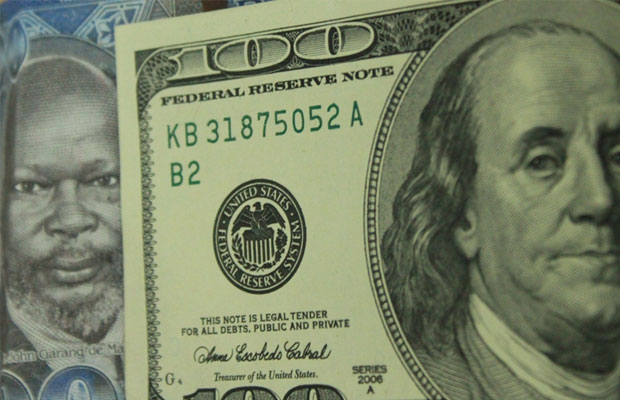On Monday, South Sudan’s Central Bank announced a long-term strategy to address the country’s economic issues.
Dr. James Alic Garang, the Central Bank Governor, announced in a statement that measures to stabilise the economy have been reinforced.
Among the measures implemented by the monetary institution to prevent runaway inflation are weekly auctions of foreign currency at revised bank rates, increased resource supply to relieve pressure on the external sector, and promoting transparency to maintain a fair and orderly market.
“The Bank of South Sudan (BOSS) is closely monitoring the recent developments in the foreign exchange market and remains committed to ensuring price stability and efficiency in the market,” the statement goes on to say.

The Central Bank Governor also affirms the market’s high exchange rate and its impact on commodity pricing.
He stated, “We are aware of the recent fluctuations in the exchange rate and their impact on prices.” As a result, the Bank has studied and authorized measures to control foreign exchange markets.
Dr. Alic pledged to work with other stakeholders and development partners to promote resilience and a competitive foreign exchange market for long-term economic development.
According to Central Bank currency rates for this Tuesday, 100 U$D trades for 128,900 SSP; yet, the same 100 U$D sells on the black market for 145,000 SSP.
However, the Central Bank Governor did not specify how much the Central Bank will auction weekly.
This is not the first time the Central Bank has taken such a measure; in July 2023, the Bank auctioned up to 10 billion South Sudanese Pounds weekly, but some economists have criticized it, claiming that the impact of auctioning will only be a temporary solution to the economic problem.
Dr. James Alic Garang was nominated by President Kiir by a Republican Decree in October of last year to replace Johnny Ohisa Damian.
During the course of his tenure, the foreign exchange rate was slightly more than 100,000 SSP for 100 USD.







